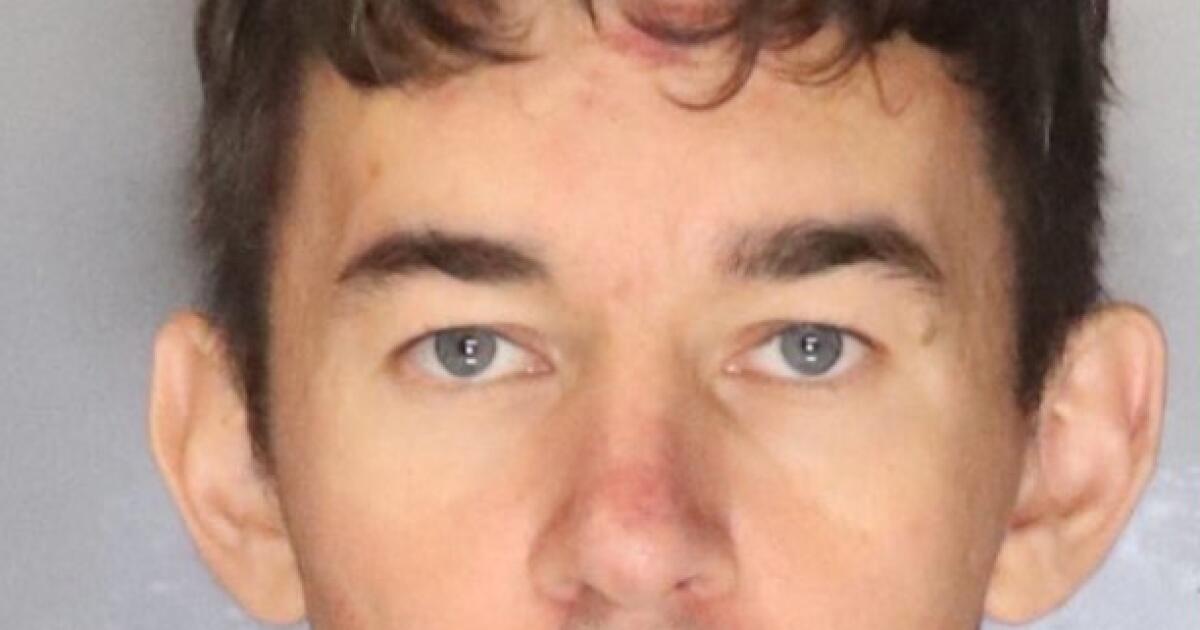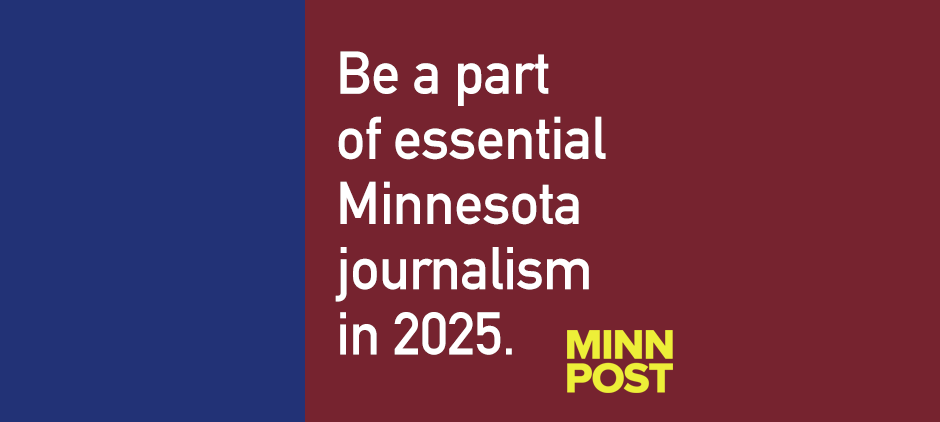Every month, Rashmi Kandwal and Mary MacCarthy sit down in a recording studio in Minneapolis to discuss health conditions with three guests – a patient, a physician and someone involved in research, education, support and/or advocacy.
Kandwal and MacCarthy are the executive director and a board member, respectively, of Healthcare MN, a Twin Cities-based organization focused on networking and connecting various health care innovators and professionals. Before launching the Patient Innovations podcast, Kandwal said the organization would make blog posts about founders of health care businesses. But as podcasts have become more popular, she thought it would be best to convert these posts to podcast format.
Kandwal credits MacCarthy, who teaches a class at the University of Minnesota on launching biotech startups, with the idea of making the podcast more patient-focused. This focus provides insights into the way conditions and diseases impact people’s lives. For example, Dennik McBride, who shared her experience living with sickle cell disease on the podcast, spoke about having to ensure her condition was taken seriously by medical professionals in the past.
“We (people living with sickle cell disease) deal with some of the worst pain in the world. We’re not drug-seeking, we’re not just there (at the emergency room) to be there. If we didn’t have to be there, do you think we’d really want to be there? But when we go we have to fight for ourselves and fight for good treatment,” said McBride, who noted that the majority of people with sickle cell disease in the U.S. are, like her, of African descent.
At the time of the podcast’s recording, McBride had started gene therapy treatment at the University of Minnesota with Dr. Ashish Gupta, another guest on the sickle cell episode.
“I’m really thankful for the gene therapy,” said McBride. “I just wish it was in the world more – (that) we heard more about it, we knew more about it. …I’m just tired of (sickle cell disease) taking my friends.”
After McBride shared her experiences, MacCarthy thanked her for her courage.
“When we interview the patients, we’re doing our best to be really respectful of them and their story and not (trying to) leverage them at all,” MacCarthy said in an interview with MinnPost. “Multiple times we’ve had tears in our eyes talking to the patient. An underlying theme of every episode is hope. There’s hope out there for people that have whatever disease it is that we’re talking about, because there are many researchers researching better diagnostics (and) better therapies to help them live a full life.”
At first, said MacCarthy, they chose episode topics based on awareness months before focusing on what was interesting to them and who they were able to connect with. Since starting the podcast, the hosts have been able to work with M Fairview Health and other organizations to find experts, including Dr. Joseph Maakaron, an oncologist featured in an upcoming episode on multiple myeloma.
How they found their guest with lived experience for the multiple myeloma episode, however, was via personal connection. Guest Ron Thiessen is the father of Sam Devine, the studio engineer for Patient Innovations. Kandwal said they also seek people with lived experiences by posting on LinkedIn, as well as mentioning the podcast at Healthcare MN’s networking events.
In addition to hope, the podcast offers education about various treatments, as well as featuring organizations working to improve the health of those living with various conditions. This allows those living with these conditions, along with their family and friends, to be better informed about potential treatment options and avenues of support.

While patients featured on the episodes have not yet been made aware of new treatments from other guests, Kandwal, while recording an episode, was able to receive insights about diabetes from Stacey Pugh, the CEO of Endogenex.
“The first thing (Pugh) said about (Endogenex’s) treatment is that it targets inflammation. Nobody talks about inflammation and its relation to diabetes. So that was eye-opening for me,” said Kandwal, who was diagnosed with diabetes about three months ago.
While Exogenex’s treatment is not yet approved by the Food and Drug Administration and is not, according to Pugh, expected to be available on the market until 2028, the podcast conversation has led Kandwal to change the focus of her research into managing her own diabetes, with a greater focus on gut health instead of the usual discussions of exercise and eating. MacCarthy also noted that the podcast’s focus on new innovations may benefit startups and organizations, as well as those listening and learning about treatment options for their own conditions.
“There might be a listener out there and they’ll go ‘I think I want to help fund that clinical trial or support that startup or find a way to support the foundation,’” MacCarthy said.
In the future, the hosts are interested in expanding from a monthly podcast to two episodes per month. For those who want to share their story or have thoughts about the podcast, Kandwal invites them to connect with her via email at [email protected].









Leave a Reply